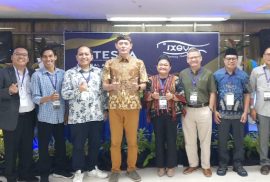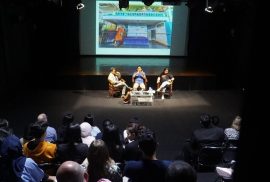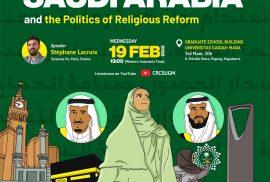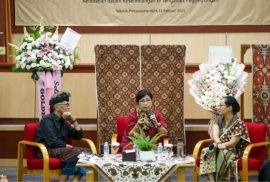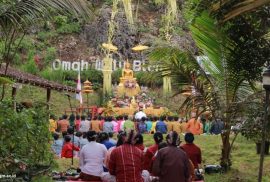Written By: Anthon Jason
Have you ever wondered how a blind person dreams? How does a blind person know whether he is awake or asleep? The reflective questions that emerged in the presentation of Wednesday Forum 12 March 2025 with Dr. Budi Irawanto tickled and made us realize how little we know about disability. The care and attention given are also often causing new problems because of the lack of willingness and ability to understand disability. Through the 2011 Indonesian film Hafalan Shalat Delisa (Delisa’s Prayer Memorization), directed by Sony Gaokasak and based on a novel by Tere Liye, Dr. Budi provides a critical analysis through the perspective of religious studies and communication science. The movie tells the story of a young girl’s resilience after losing her leg in the 2004 Aceh tsunami. Although it received praise for being able to attract audience sympathy and convey Islamic messages while also raising the theme of disability, there are some critical notes conveyed by Dr. Budi Irawan, who is an associate professor in the Department of Communication Science at the Faculty of Social and Political Sciences, Universitas Gadjah Mada.



